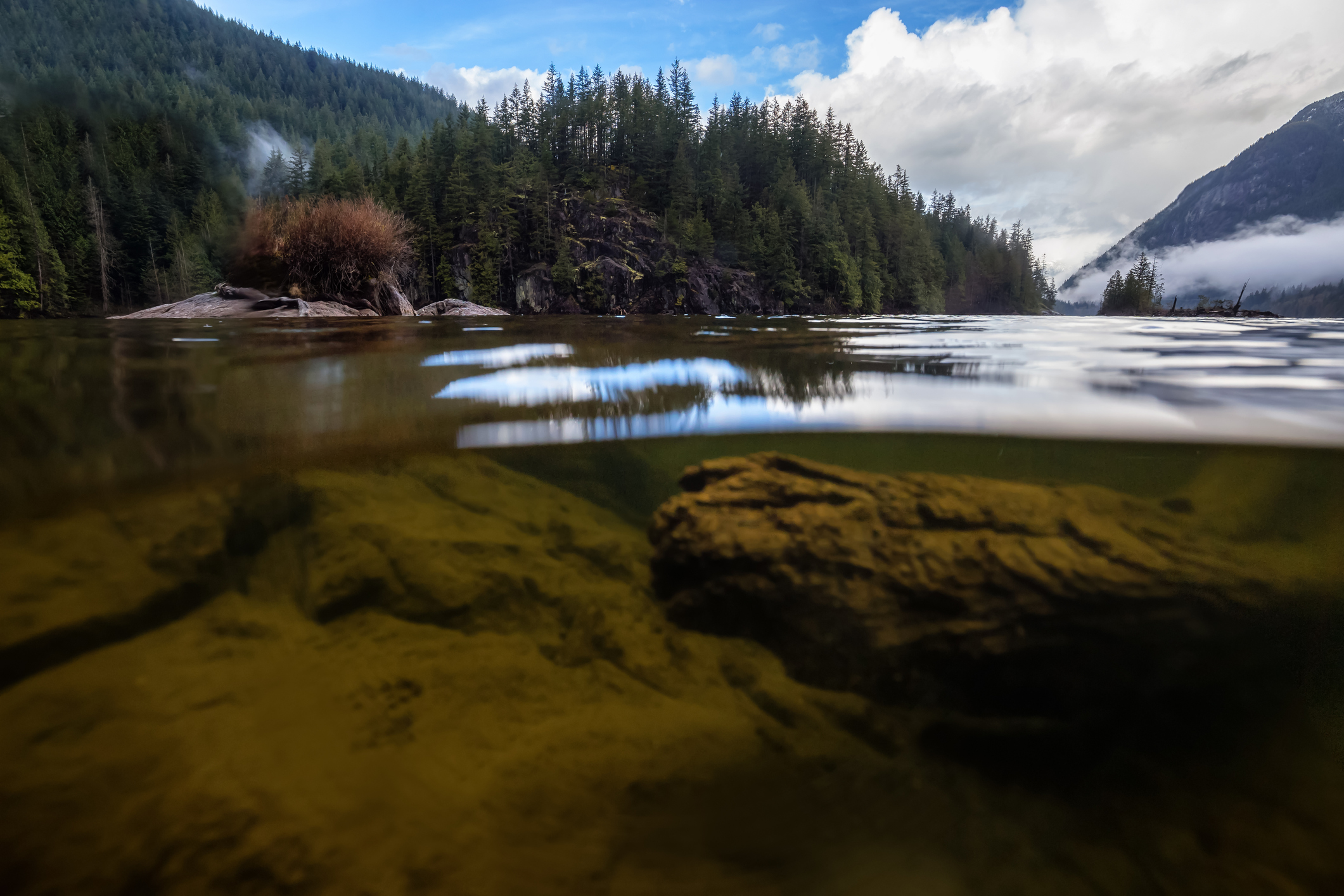
Freshwater Health—New Data from WWF-Canada Unveils Issues of Concerns
Canada holds 20 per cent of the world’s freshwater, which is facing high levels of stress from pollution, habitat loss and fragmentation, overuse, and increasingly,…

Canada holds 20 per cent of the world’s freshwater, which is facing high levels of stress from pollution, habitat loss and fragmentation, overuse, and increasingly,…
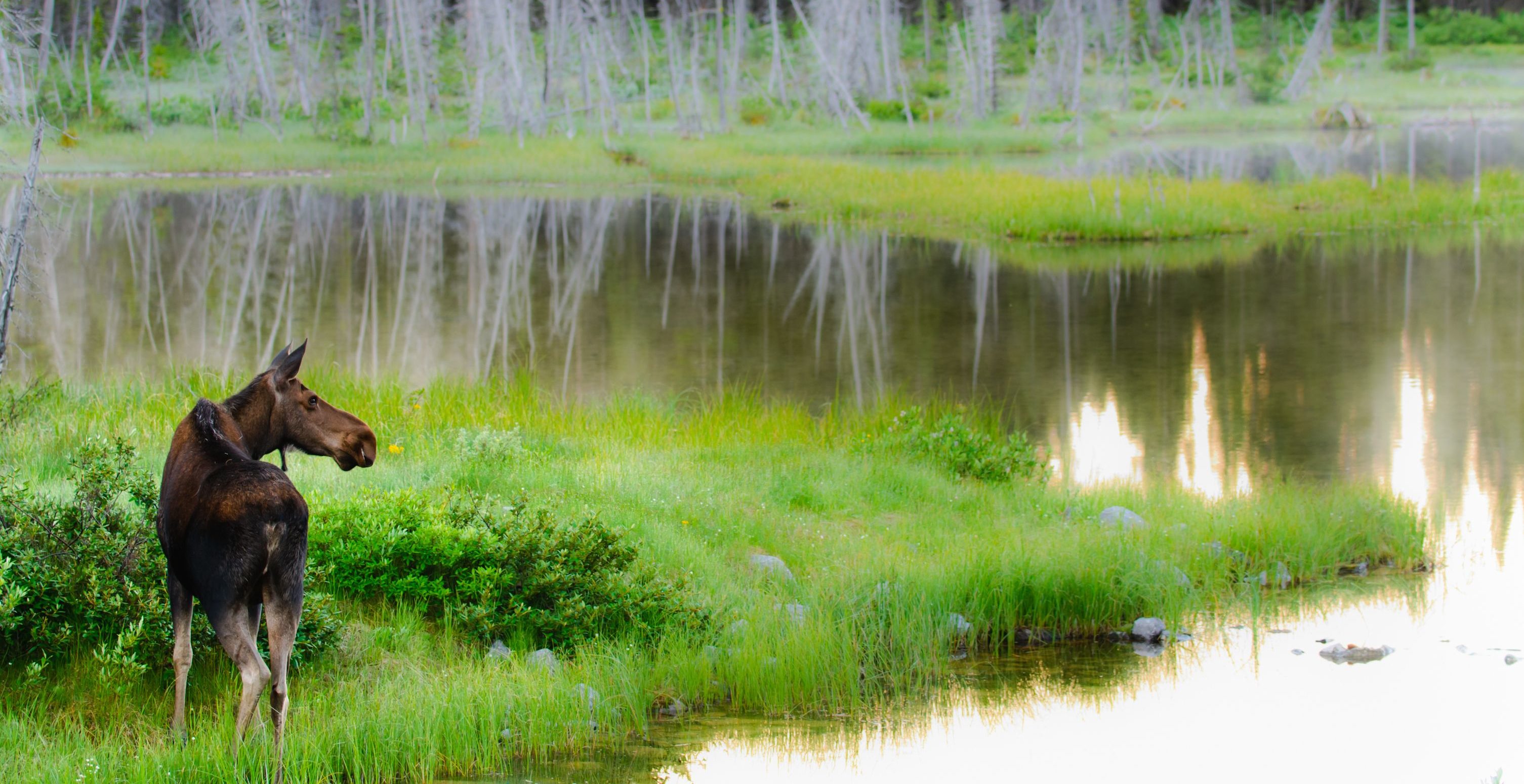
WWF-Canada announced that Lloyd Bryant has been named the new chair of its Board of Directors. Bryant is the retired president and CEO of HP…
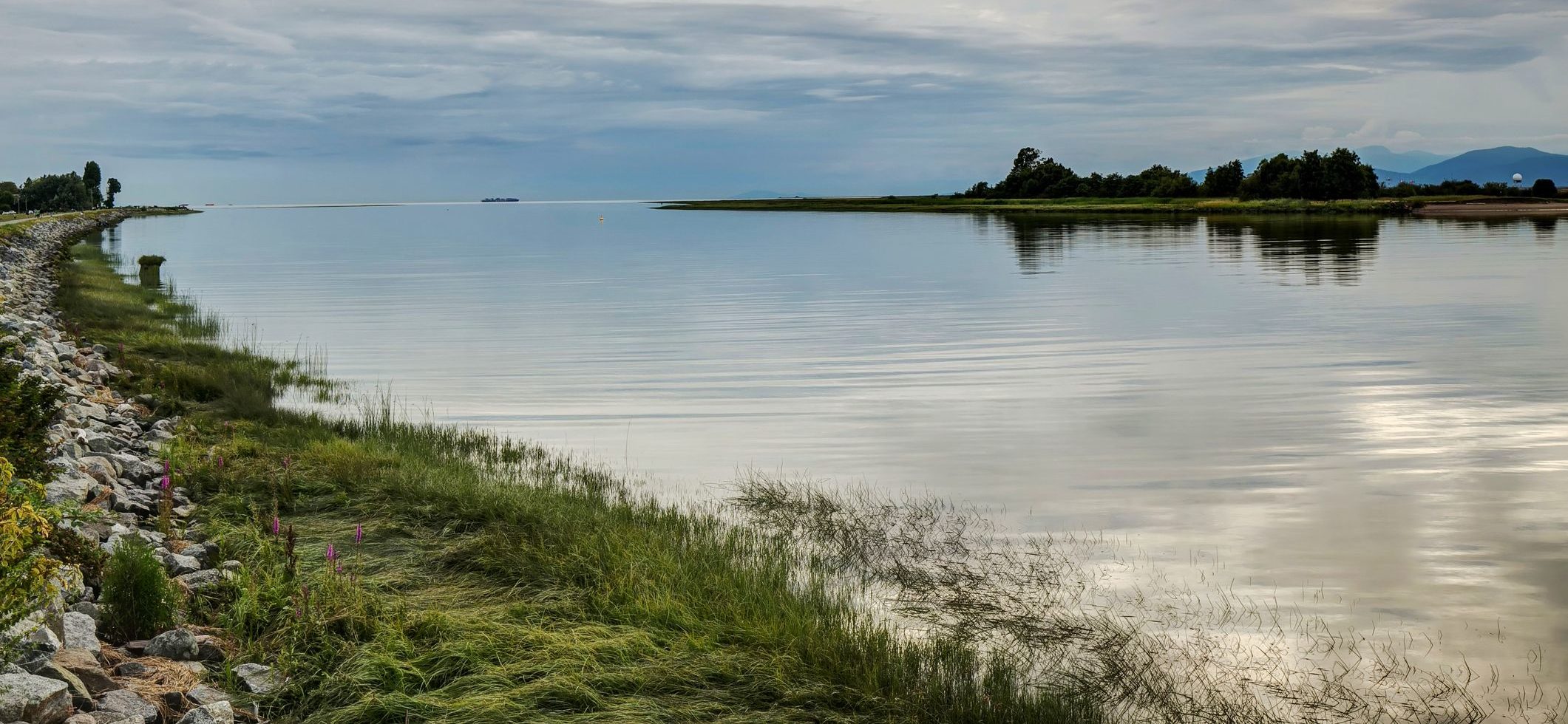
WWF-Canada’s 2020 Watershed Reports raise questions about how freshwater ecosystems are faring in response to threats from human activities. The results underline a need for consistent water…

WWF-Canada has selected four award recipients for the Generation Water Tech Challenge. Since September 2019, WWF-Canada has been seeking innovative and transformative solutions to help…
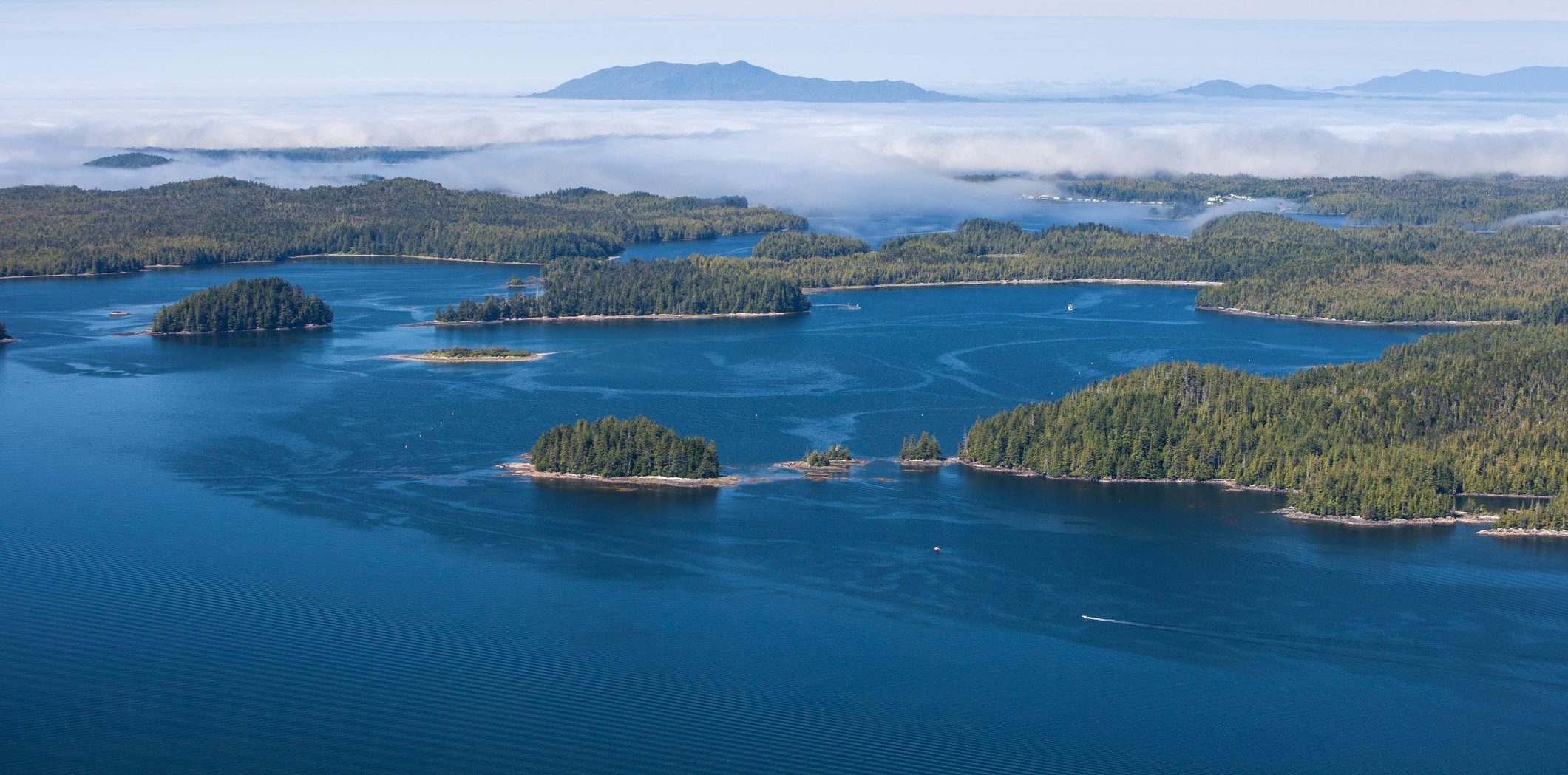
The new Earth Tech accelerator has announced its first cohort, which includes 16 startups and nonprofits that are advancing freshwater and climate solutions. The Centre…
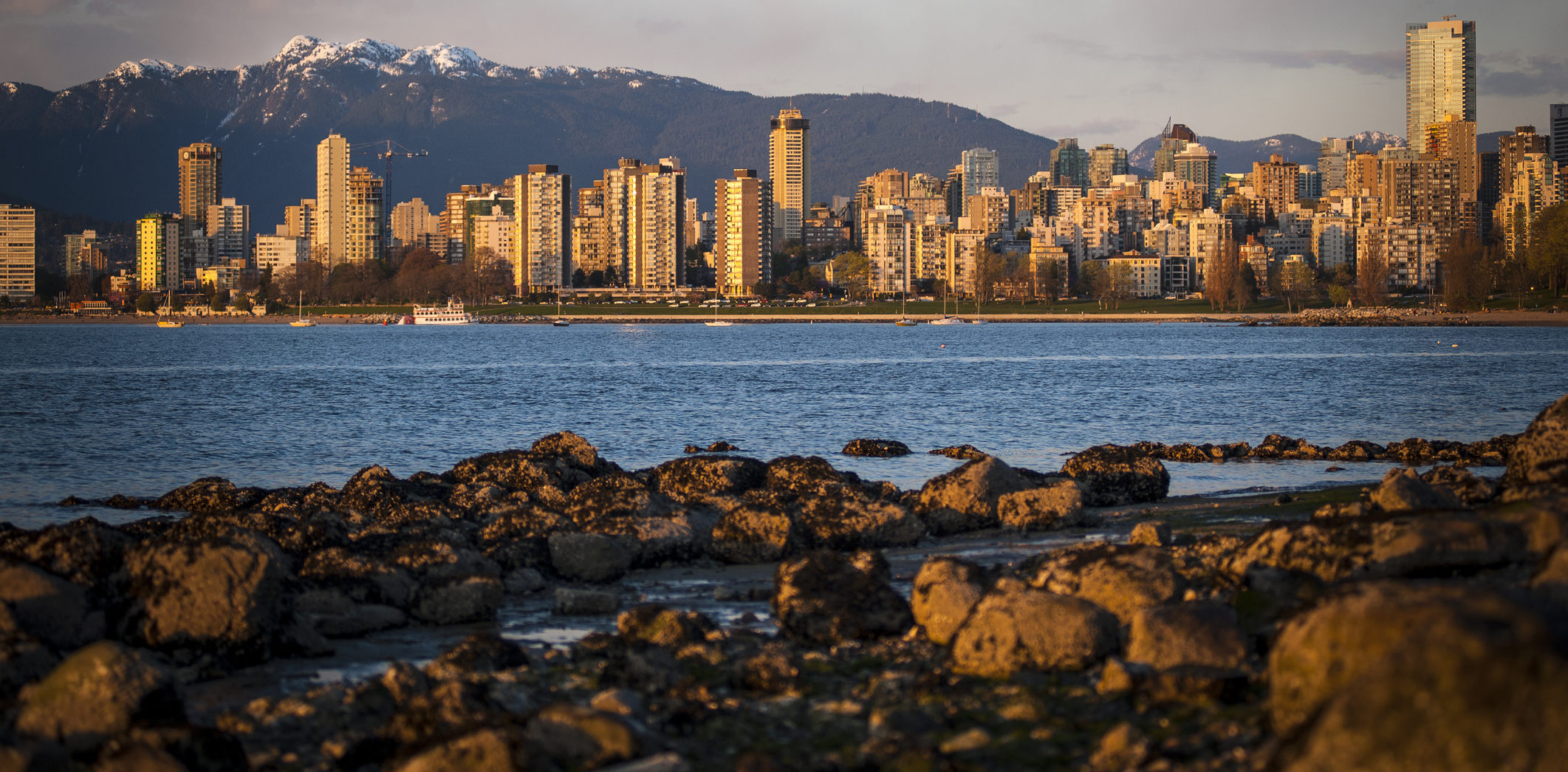
Thirty scrubber-equipped ships dumped nearly 35 million tonnes of washwater effluent off the B.C. coast in 2017, according to a new study commissioned by WWF-Canada. Scrubbers are…
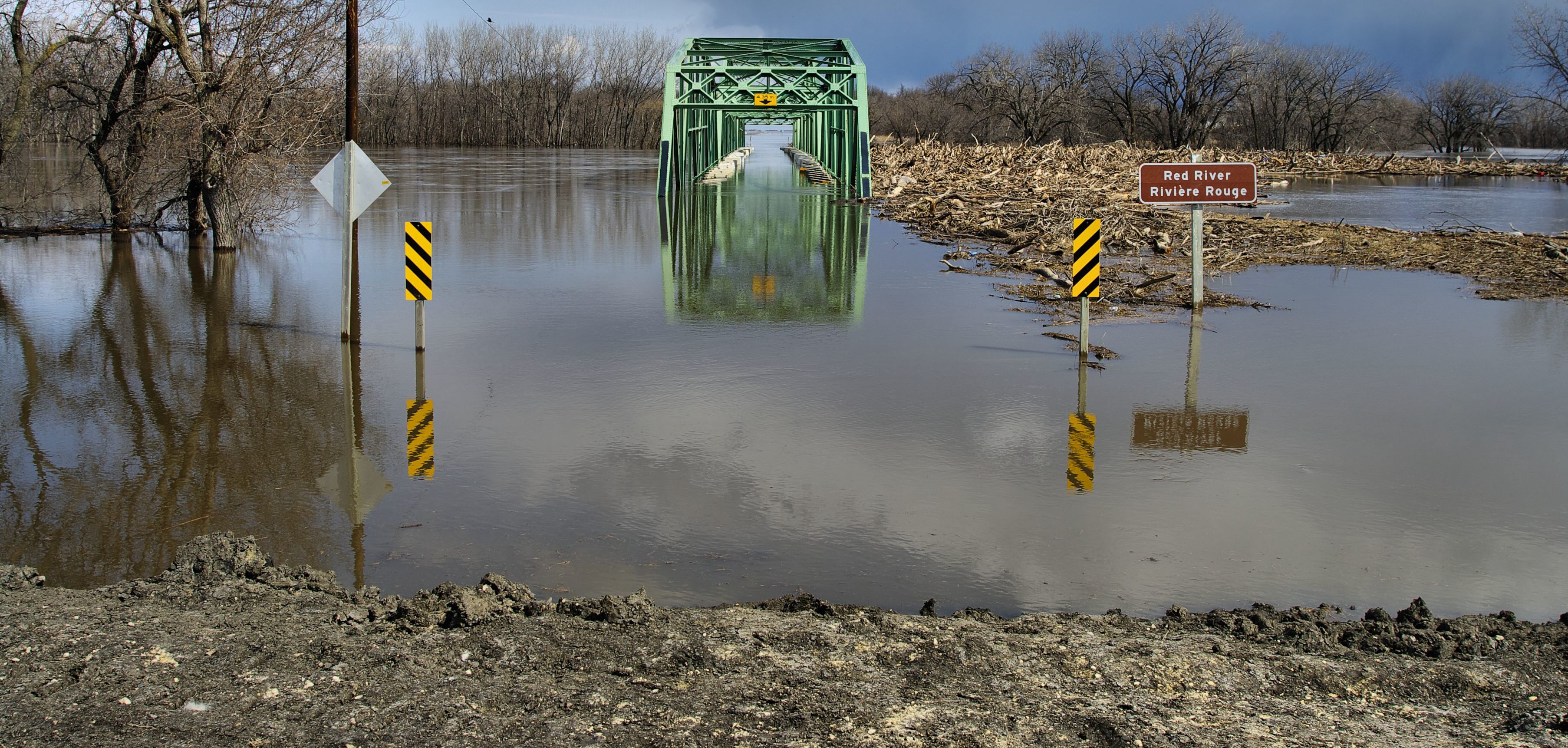
Increased rates of flooding are taking a toll on Canadians with 31 per cent worried they will experience flooding in the next 12 months. This…
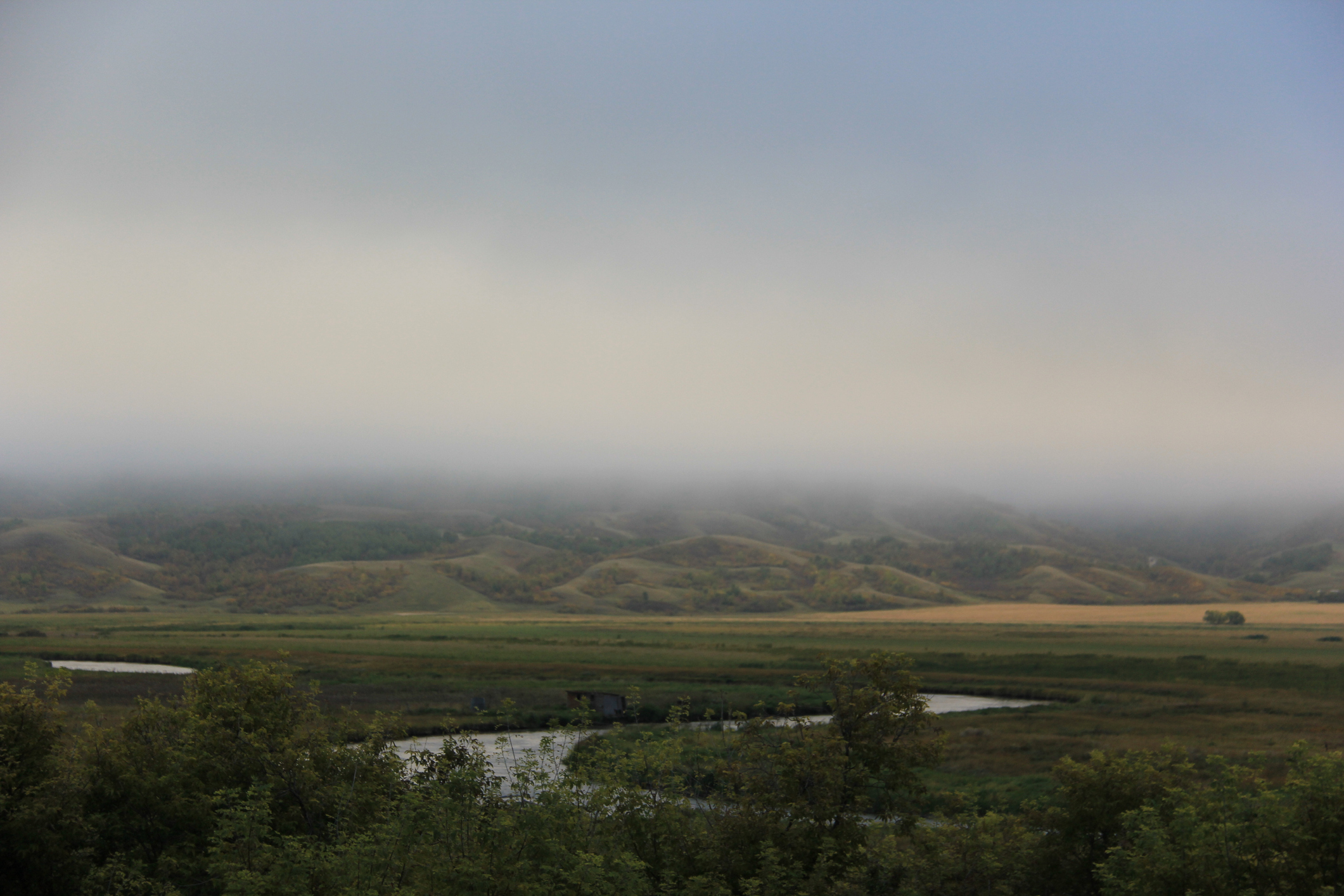
Twenty-five wild and free-flowing rivers and Canadian Heritage Rivers will receive additional oversight under the Canadian Navigable Waters Act. The rivers have officially been added…
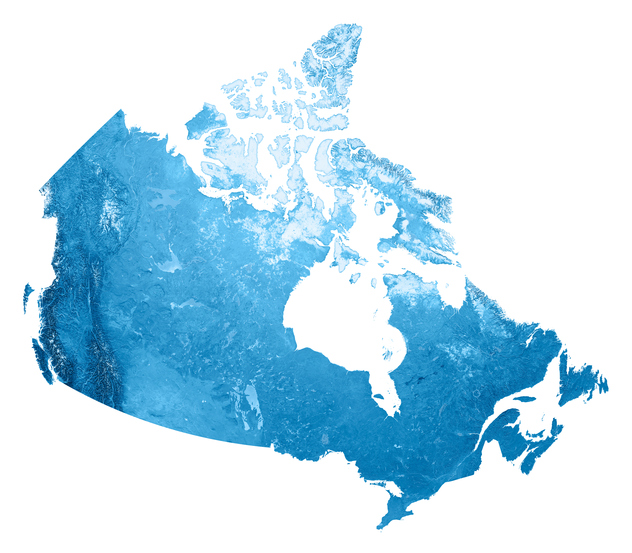
After years advocating for improved water quality and providing recommendations to decision-makers, WWF-Canada has announced it is pleased to see the Government of Canada will…
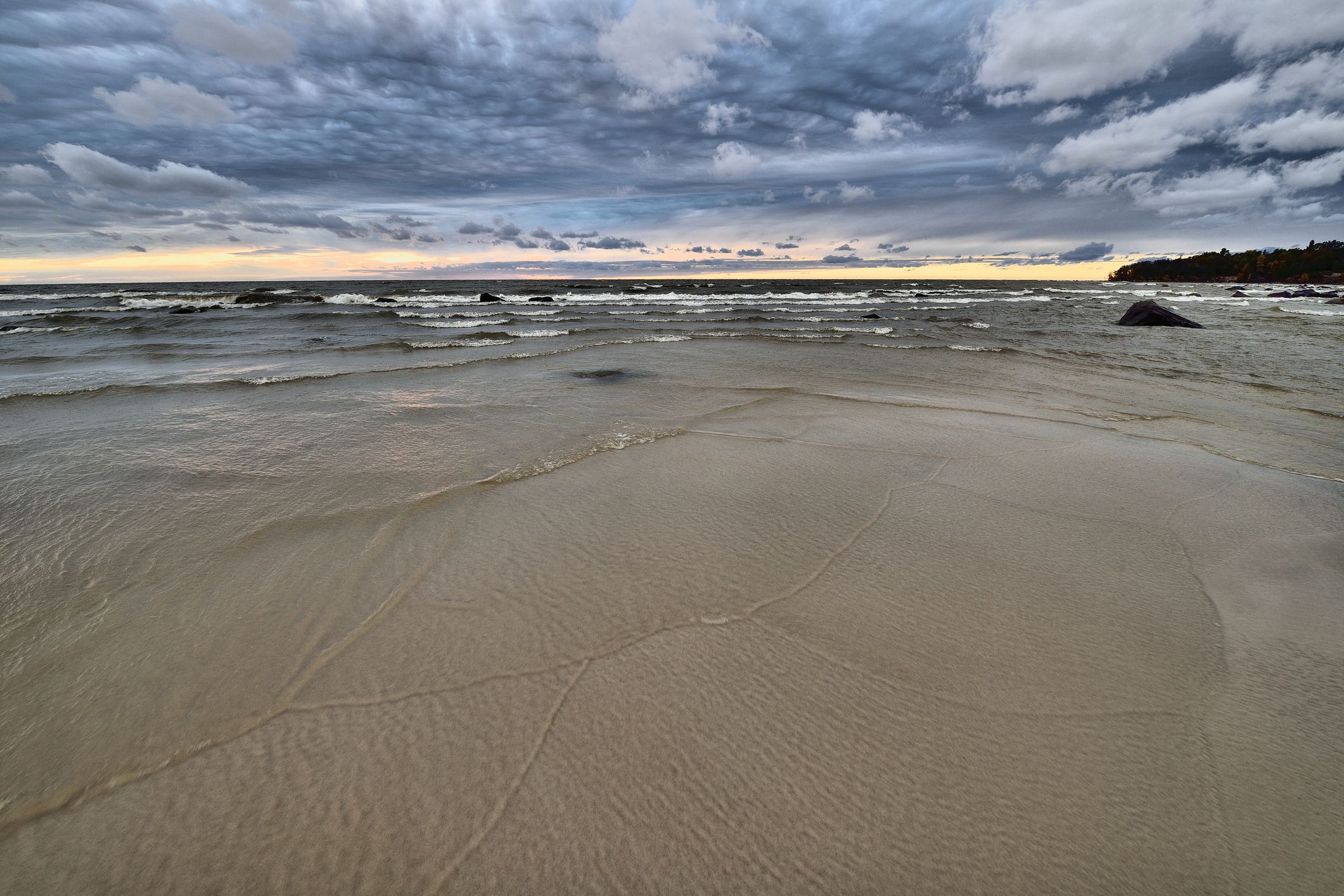
The power of environmental DNA (eDNA) technology is being extended to community groups across Canada to allow for faster creation of more robust freshwater health…

While data is a representation of reality, the stories we tell based on that data are products of interpretation. Practitioners often debate data collection and…
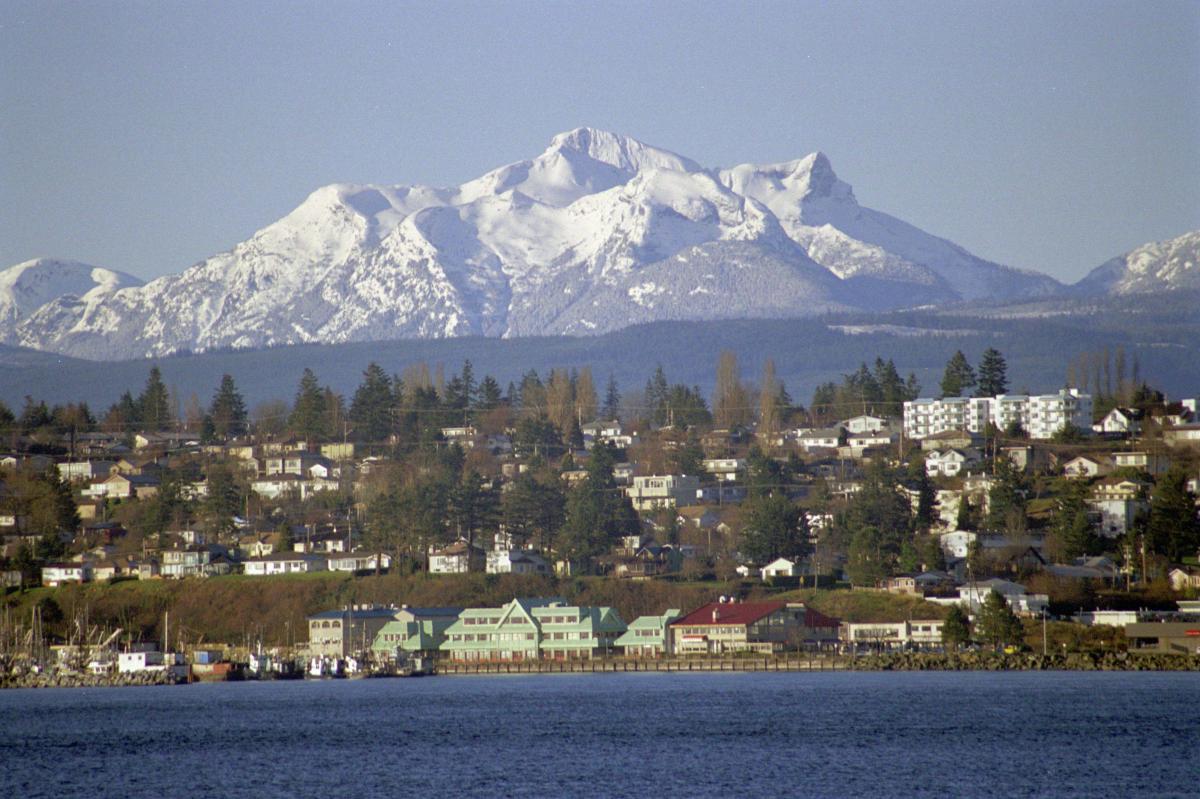
A new report from SeaBlue Canada reveals that more than half of Canada’s marine refuges, a form of marine protected area in Canada, do not…
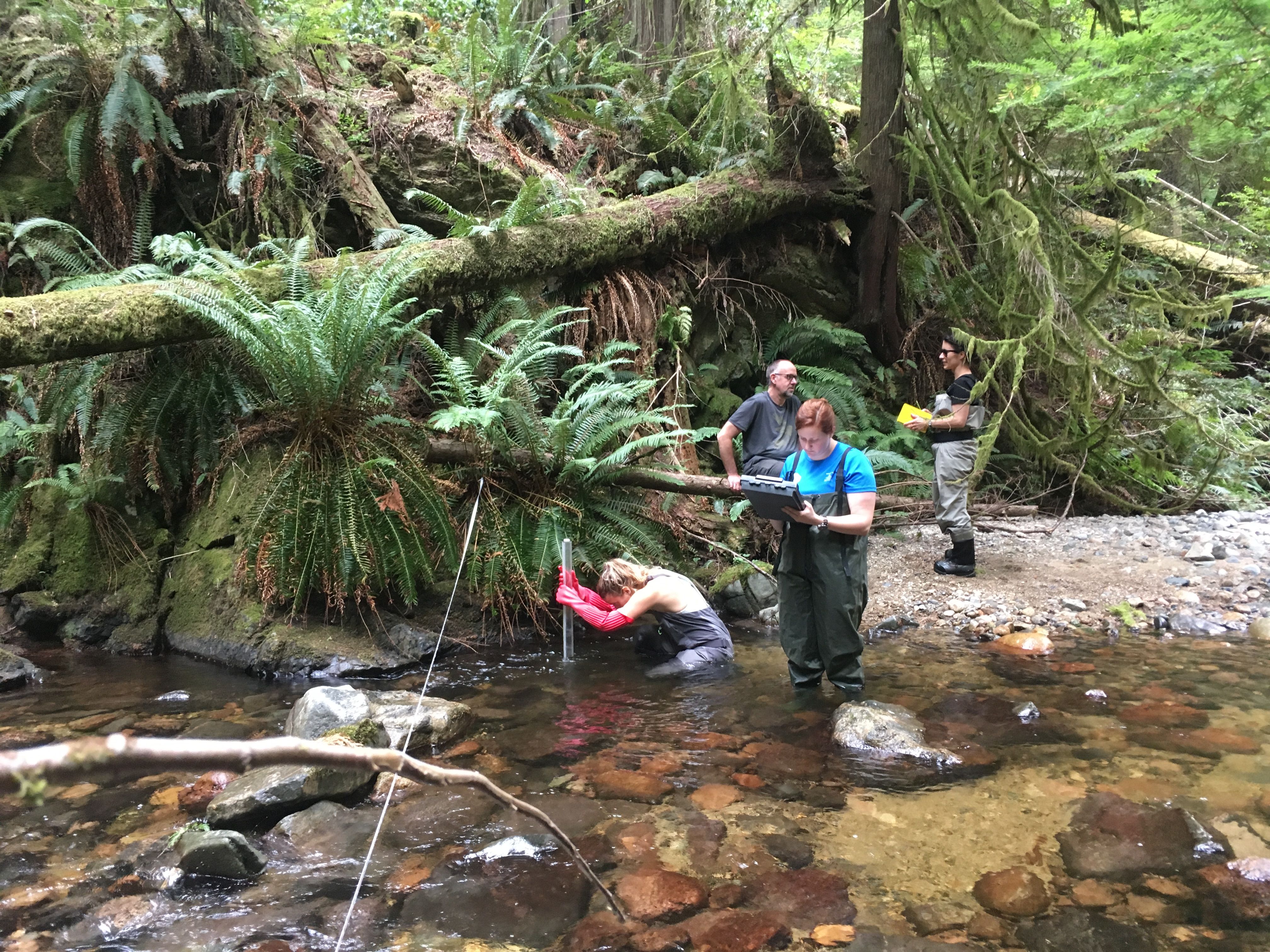
World Wildlife Fund Canada has released a new report on watershed health in the Pacific Coastal basin, finding the overall health of the basin to…
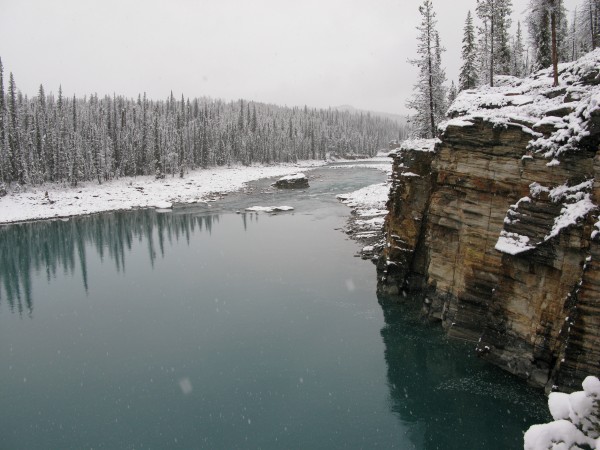
At the November 1st session of the North American Lakes Management Society Symposium in Banff, Alberta, water scientists, environmental NGOs, and community organizations met to start…
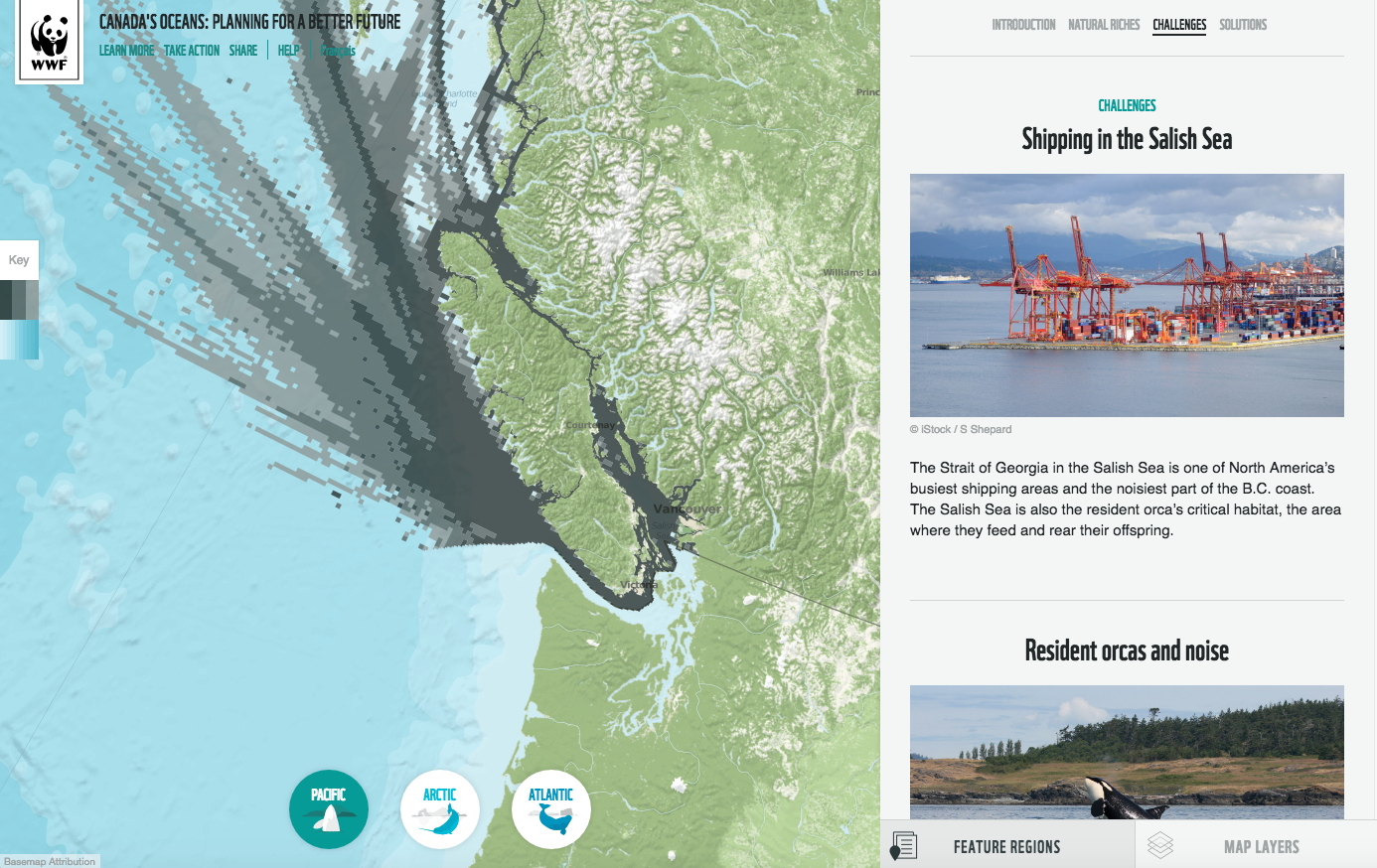
A new interactive map launched this week brings together for the first time the fullest picture of how people and wildlife use Canada’s oceans. The Oceans Map, created…
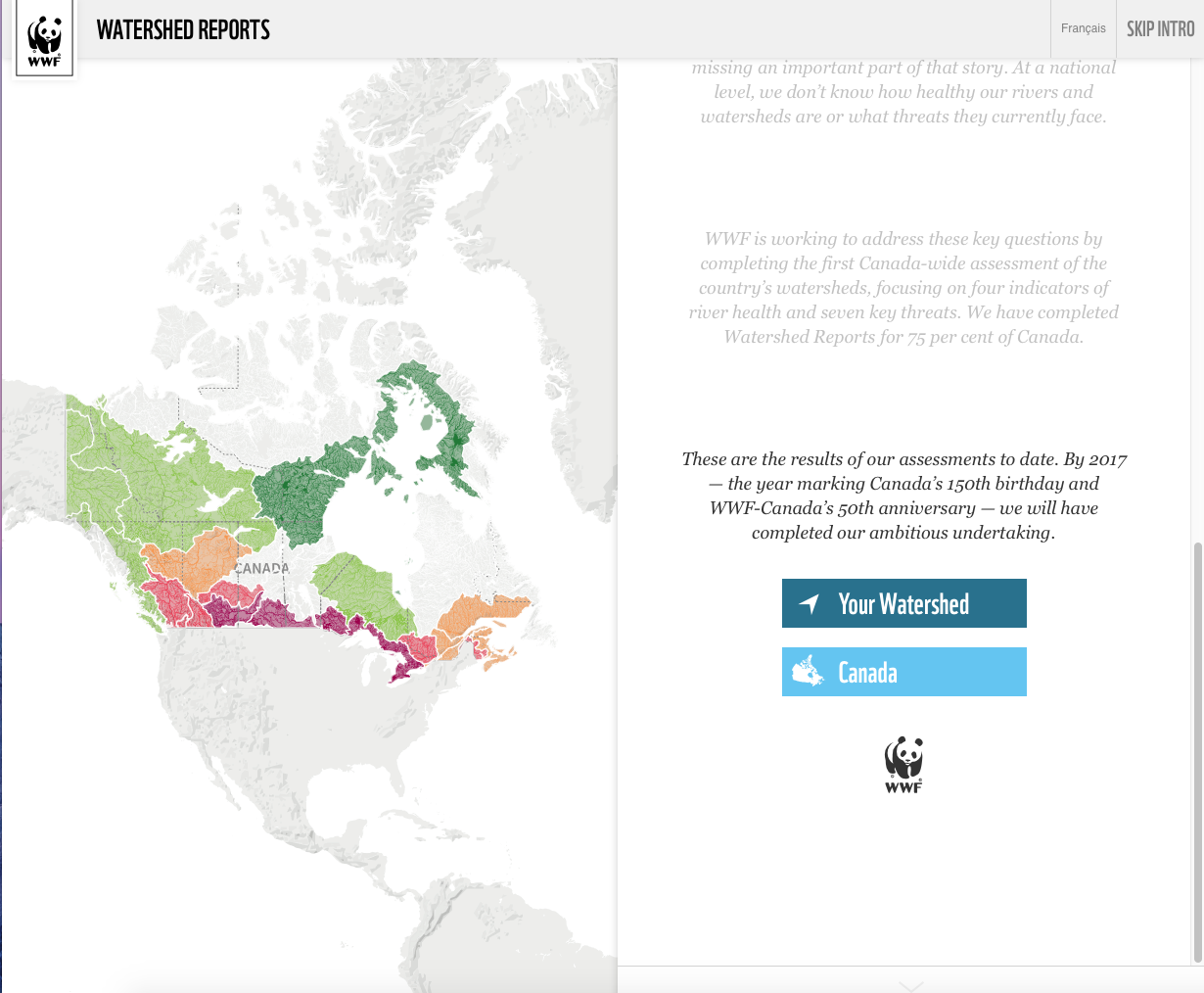
This week, WWF-Canada released the latest watershed report as part of a national health assessment of the country’s 25 major freshwater ecosystems and the threats…
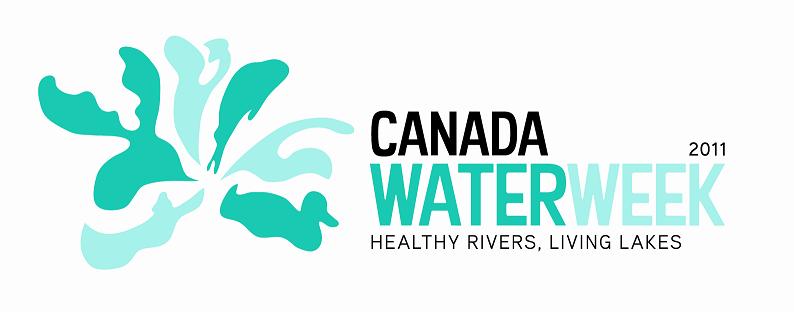
Tim Morris launches our Canada Water Week series. Watch all week for more articles on events and organizations across Canada! Why am I so excited…
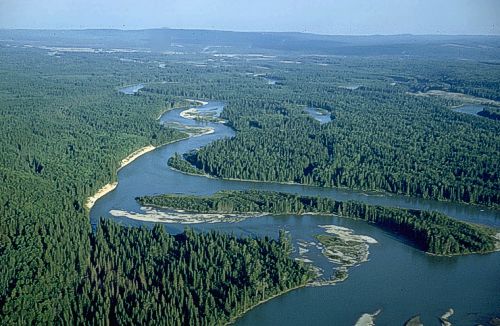
Today, WWF-Canada released Securing Environmental Flows in the Athabasca River, a report that urges government agencies to demonstrate their commitment to protecting Alberta’s lower Athabasca…

Happy New Year! A brief news roundup following a two-week break: 1. Shortly after the Royal Society of Canada released its oil sands report and…

Ninety-four per cent of British Columbians say they want protection of nature, wildlife and species made a top priority in new provincial water rules, according…
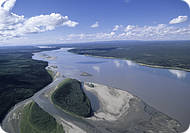
Our friends over at WWF-Canada have released a new report, Canada’s Rivers at Risk: Environmental Flows and Canada’s Freshwater Future (pdf here). The report claims…

WWF-Canada and Coca-Cola Ltd. have announced a three-tiered partnership to conserve freshwater and fight climate change. One of the tenets is a four-year, $1-million commitment…